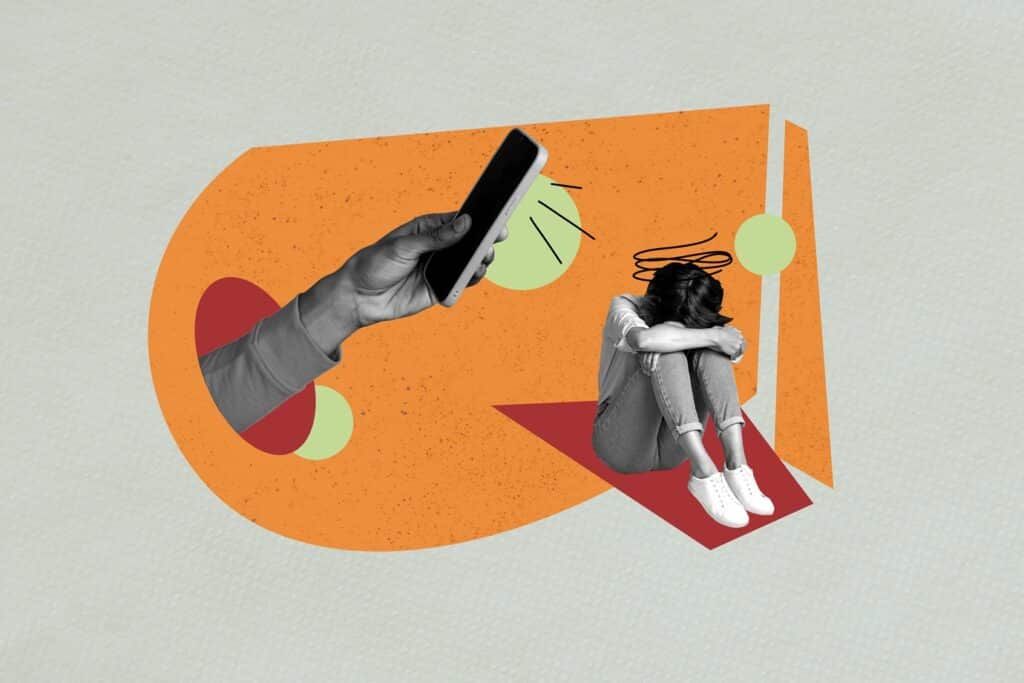One in 10 girls and young women say they face online violence daily or almost daily, with almost 40 per cent reporting they’ve been harassed at least once a month.
These alarming statistics come from new global research from Plan International and CNN’s As Equals, which gathered insight from 624 young women and girls aged 13-24 across nine countries worldwide (Bolivia, Brazil, Burkina Faso, Colombia, Kenya, Malawi, Nepal, Philippines and Timor-Leste).
Within the report, Building Digital Resilience – Girls and Young Women demand a Safer Digital Future, data shows that 75 per cent of respondents have had a harmful online experience ‘at some point’.
Almost half of respondents (44 per cent) reported seeing or receiving unwanted sexual images or videos, and one in four had faced discrimination or hate speech.
“I started chilling with a guy and he sent me a naked picture and asked me to send my picture too,” said Maureen, a 21-year-old from Malawi. The boy threatened to share her profile photo, which he edited to be nude, she said. “I was young and scared, so I was afraid to tell anyone.”
When asked about which websites and platforms they were encountering upsetting experiences, most respondents selected Facebook, followed by WhatsApp and then Instagram.
A further 73 young women and girls were interviewed about the online harassment they experience and asked about solutions in focus groups divided by age range and led by Plan’s country teams in the Philippines, Malawi and Brazil.
A majority of these young women and girls advocated for improved digital literacy, as well as holding tech firms to account for their responses to online abuse. This includes creating better and easier reporting mechanisms with quicker response times, including the use of technology and AI in detecting and preventing fake accounts.
To address the issue, the report is calling for education, legislation and overall digital awareness that keeps pace with technology advancements.
Online violence in Australia
Plan International’s latest research comes as Australia’s eSafety Commissioner Julie Inman Grant, this week issued legal notices to large tech companies, holding them to account on what they are doing to combat AI-generated child abuse material, deep fakes, online grooming and sexual extortion.
The legal notices will require tech giants such as Apple, Google and Microsoft in Australia to report to eSafety every six months about the measures they have in place to tackle online violence on their platforms.
“Online violence is a universal issue and Australia is not immune. The calls our e-Safety commissioner has made this week are very important steps in a global effort for transparency and regulation in light of the tech giants failing to enforce any self-regulatory codes on their own,” said Plan International Australia CEO Susanne Legena.
Previous Plan International research found that, in Australia, 65 per cent of girls and young women aged 15-25 have been exposed to a spectrum of online violence and half of those who have experienced harassment suffered mental and emotional distress as a result.
“The bitter truth we must accept is this: online violence is serious and prolific. It silences girls’ and children’s voices, and it causes real and lasting harm. So we must ask, what are we going to do about it?,” said Legena.
“Everyone is accountable for keeping girls safe, from individuals to bystanders, to governments – and especially tech companies.”


